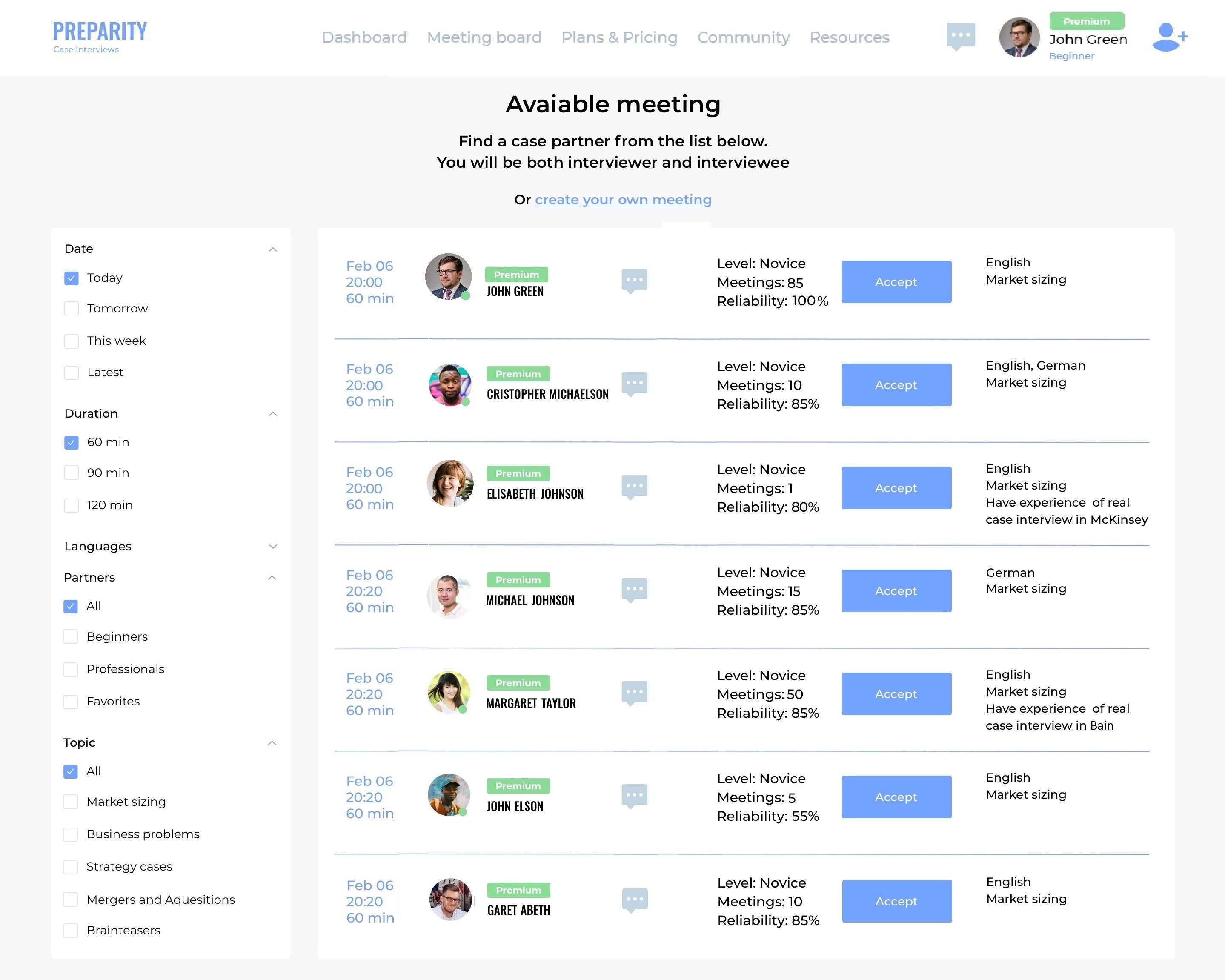
It can be challenging but rewarding to work as a consultant. This role has very clear responsibilities, and there is little opportunity for individual initiative. However, it offers many opportunities for learning and growth. It is also easier to reorganize and transform companies at large consulting firms. This makes it a rich and diverse experience. Here are some of your benefits and disadvantages when working for a consulting firm.
Working for a midsize consultancy firm has its benefits
Working in a mid-sized consultancy firm has several advantages. One advantage is flexibility. It allows you the freedom to work on projects within your company without following a strict schedule. You also have more opportunities for professional growth in mid-sized businesses. You won't be confined to a narrow range of projects, which can be advantageous for those who are looking to carve out a niche in their career path.
Travel expenses are often covered by consultants in mid-sized companies. These reimbursements can range from R400 to more than R1500 per day, depending on location. Many firms do not reimburse consultants for travel to other countries. Others base their fees on international standards.

Travel requirements
Being a consultant comes with its unique challenges. One of these is the need to travel often. The majority of your work week will see you on the road four out five days. Weekends are the only time that you do not travel. Consultants often work 12-hour days. It is possible that you will be required to work with new people every few months.
There are many factors that affect the amount of travel required. The nature and staffing arrangements of each firm will influence the amount of travel. Some firms use a local staffing model while others use a global or regional model. The majority of consultants will travel to other locations for work, usually three to four days per week.
Culture at large consult firms
There are many differences in the culture of large consulting firms. There are some that have a more structured structure while others prefer an informal approach. Large consulting firms often have larger benefits packages and budgets for talent development, marketing, and corporate parties. Personal preferences and goals determine whether the culture at large consulting firms is right.
If you want to create a productive work environment, there are certain practices that you need to avoid. For example, if you want to create a collaborative environment, you should consider avoiding firms with rigid cultures.

You can find a job working as a consultant
It is important to take initiative when looking for a job in consulting. You must take the time to network with fellow consultants. This can be done offline by joining industry associations or online via social media. Make sure your online profile is updated and join groups relevant to your industry. Indeed is a great place to search for consulting jobs. These sites include listings of some of the most prestigious consulting firms. Additionally, you can sign up to job alerts.
First, you must decide what field of expertise you want to specialize in. Whether you want to work in supply chain management or finance, you need to know what industry you are targeting. Once you have narrowed down this field, start building your network and making connections with the right clients. You need to be honest about where you are at the moment, organized, and have goals. These steps will help you get on the right track to becoming a consultant.
FAQ
What skills is required to consult?
Consultants should be able to communicate effectively and have excellent analytical skills. This is crucial because you might not be able to understand what you are doing when you work on complex projects. You need to be able to manage people quickly and solve problems efficiently.
You also need to have excellent communication skills. Most clients expect an answer within 24 hours. If they don't hear anything, it is likely that they aren't interested in you. It's crucial to keep them informed and make sure they understand everything.
What happens when the consultant finishes the job?
After the consultant finishes the work, s/he will send a final report outlining the results. This report includes project timelines, deliverables, and any other pertinent information.
The report will be reviewed and you can decide if the consultant met all your expectations. If it does not, you can ask for changes or terminate the contract.
Who hires consultants?
Many companies hire consultants to help with their projects. This includes small businesses, large corporations and government agencies.
Some consultants work directly for these organizations, while others freelance. The hiring process for both cases varies depending upon the project's size and complexity.
Many rounds of interviews are required when hiring consultants. Then, the final decision will be made about who you believe is best for the job.
Statistics
- Over 50% of consultants get their first consulting client through a referral from their network. (consultingsuccess.com)
- So, if you help your clients increase their sales by 33%, then use a word like “revolution” instead of “increase.” (consultingsuccess.com)
- On average, your program increases the sales team's performance by 33%. (consultingsuccess.com)
- Over 62% of consultants were dissatisfied with their former jobs before starting their consulting business. (consultingsuccess.com)
- "From there, I told them my rates were going up 25%, this is the new hourly rate, and every single one of them said 'done, fine.' (nerdwallet.com)
External Links
How To
How To Find The Best Consultant?
First, ask yourself what kind of consultant you are looking for. Before you begin searching for a consultant to help you, you should be clear on your expectations. Make a list of everything you think you might need from a consultant. This could include things like; professional expertise, technical skills, project management ability, communication skills, availability, etc. After you have outlined your requirements, you might want to ask friends and colleagues for recommendations. Ask your friends or colleagues about any negative experiences they have had with consultants, and compare their recommendations with yours. You can also do some online research if you don't know of any. There are many websites, such as LinkedIn, Facebook, Angie's List, Indeed, etc., where people post reviews of their previous work experiences. Take a look at comments and ratings from others, and use that data to find potential candidates. Once you have a shortlist, be sure to contact potential candidates directly to schedule an interview. During the interview, you should talk through your requirements and ask them to explain how they can help you achieve those goals. It doesn't matter whether they were recommended to you or not; just ensure that they understand your business objectives and can demonstrate how they can help you reach those goals.